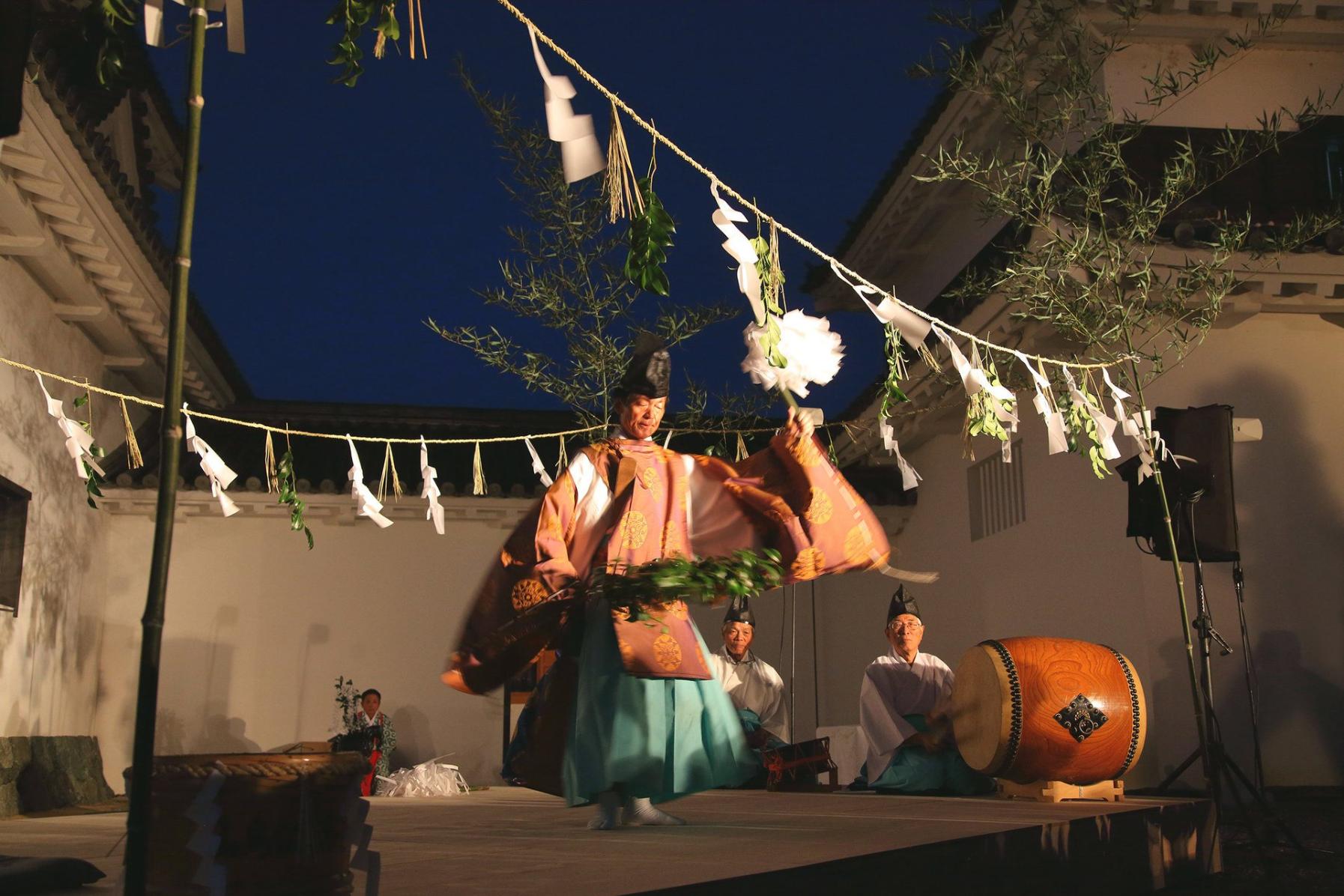Japan Sustainable Tourism
Get an authentic, local experience in this under-the-radar Japanese city

With a focus on sustainable travel and authentic, local activities, the lesser-known city of Ozu might just be steering Japan towards its global vision as a green travel destination

With a focus on sustainable travel and authentic, local activities, the lesser-known city of Ozu might just be steering Japan towards its global vision as a green travel destination
Recognised for its historical richness and commitment to sustainability, the Japanese city of Ozu is an ideal destination for those hoping to explore beyond the country’s tourist-laden cities of Tokyo and Osaka. The city is one of Japan’s most eco-conscious destinations and has been labelled one of the ‘top 100 sustainable tourism destinations’ by the international official certification body and non-profit organisation, Green Destinations. It is also often likened to Kyoto for its historical richness while offering a serene experience conveniently close to Matsuyama, the capital of Ehime Prefecture.
Ozu offers an array of immersive experiences that heavily focus on reimagining ancient traditions and revitalising forgotten art forms, including traditional craftsmanship.
Supporting local craftmanship
To get under the skin of Ozu, do some shopping at the Pokopen Yokocho – a retro market and museum in the heart of the town. Here, locals sell post-war memorabilia and hand-crafted furniture that will transport guests back to Japan in the 50s and 60s. Picking up a locally-made souvenir supports the local economy, allowing the craftsmen to continue their practice. Without the support of visitors, traditions like these are at risk of being lost for good.
At the Akarengakan (Ozu Red Brick Hall) – a repurposed commercial bank from 1873, local shops sell handmade artisanal goods. Visitors can help minimise their environmental impact by purchasing washi paper, silk bags, candles and local foods, side-stepping the ecological footprint that results from manufacturing and the transportation of goods into the city. The city’s street markets, too, come alive with vendors selling food, memorabilia and other retro trinkets, on select Sundays throughout the year, and this is a great place to pick up a prized piece of Ozu.
Revitalising age-old traditions
Ozu locals understand the importance of connecting with guests and showcasing age-old crafts to preserve, educate and engage with visitors about the cultural significance and value of the tradition. Immersive experiences in Ozu include the yearly summer tradition of cormorant fishing – an ancient fishing technique that involves local seabirds trained in catching sweet fish – along the Hiji River. On the water, visitors who participate in the ancient activity will observe fishermen skilfully juggle multiple birds simultaneously alongside the Usho (fishing master).
Accommodation that offers a traditional stay
Relive the life of a Japanese feudal lord at an exclusive overnight experience at the Ozu Castle, where visitors are greeted with a traditional welcoming ceremony, a private guided tour, a Kagura performance and a multi-course meal featuring local ingredients.
Repurposing and reimagining abandoned buildings
Aligning with the environmentally conscious approach, the city of Ozu actively repurposes decaying buildings and abandoned houses, transforming them into hotels, shops and cafes. Visitors to Ozu can join tours to witness this regeneration process, meet locals and visit the building sites of abandoned houses undergoing restoration.
Hotel group NIPPONIA has been running a renewal project in Ozu since 2020 that has transformed parts of the city into accommodation. The reconfiguration of 26 traditional wooden Machiya townhouses and Minka residences has provided 32 hotel rooms, restaurants, lounges, bookshops, breweries and sweetshops, each designed with a unique Japanese architectural aesthetic. Visitors can even rent out the entire building, which boasts a view of Ozu Castle, and indulge in dishes spotlighting local produce including seafood sourced from the Seto Inland Sea.
Latest Articles
Don't miss the latest from Luxury Travel
